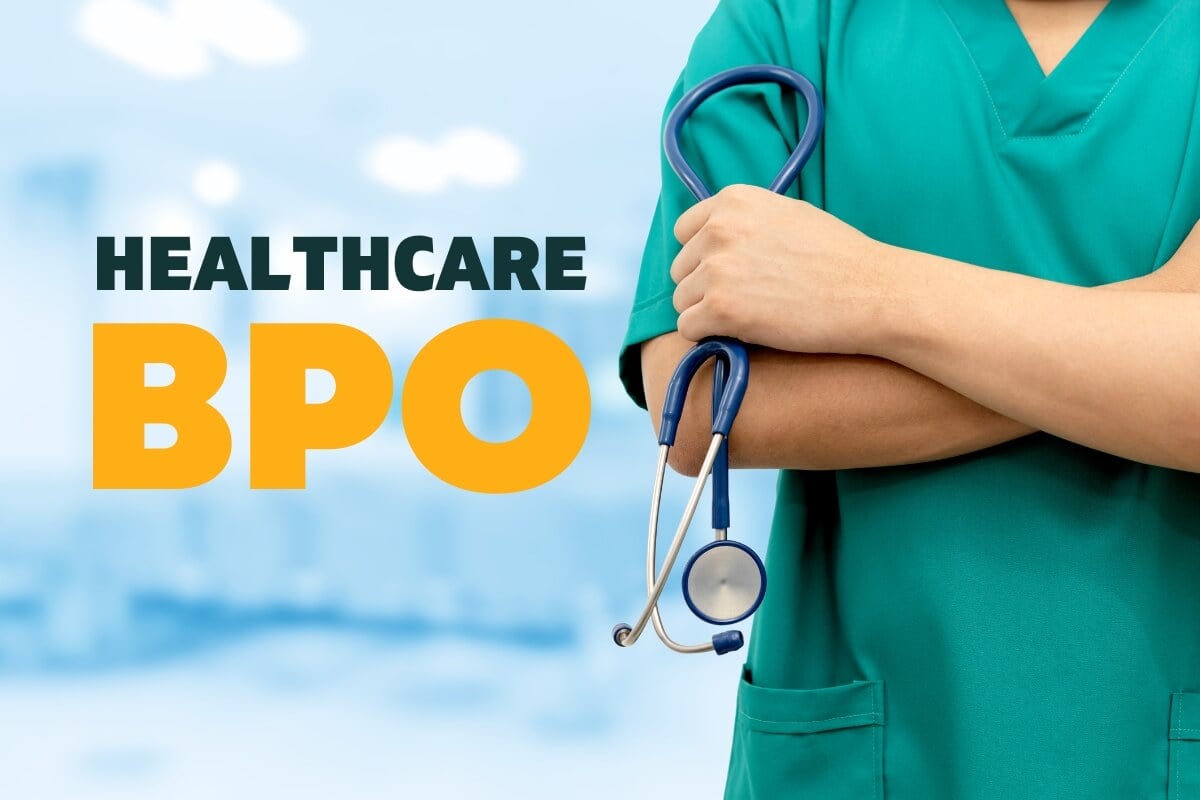The Relevance of Healthcare RCM in Enhancing Cash Flow and Performance
The Relevance of Healthcare RCM in Enhancing Cash Flow and Performance
Blog Article
Unveiling the Benefits of Health Care RCM in Improving Effectiveness and Precision in Income Cycle Management
In the rapidly evolving healthcare landscape, the relevance of Profits Cycle Monitoring (RCM) can not be overemphasized. As healthcare companies strive for precision and efficiency, RCM arises as an essential device in improving procedures, reducing errors, and boosting financial outcomes.
Enhancing Management Jobs

In enhancement, the combination of electronic health documents (EHR) with RCM systems promotes real-time data gain access to and sharing, allowing medical care specialists to make educated decisions immediately. This interconnectedness not only improves communication in between scientific and administrative groups but also boosts individual contentment by reducing waiting times and invoicing disparities - Healthcare RCM. Moreover, streamlined administrative procedures permit for far better conformity with governing standards, mitigating risks linked with audits and penalties
Eventually, the focus on refining management tasks in RCM leads to set you back financial savings and enhanced financial efficiency. By spending in automation and optimizing workflows, healthcare companies can accomplish a more lasting income cycle, guaranteeing lasting feasibility and the capability to adjust to evolving sector demands.
Enhancing Cases Handling
How can health care companies enhance the effectiveness of their insurance claims handling? By utilizing automation and advanced analytics, RCM systems improve the complicated and often cumbersome cases refining jobs.
Furthermore, real-time analytics play a critical function in enhancing claims processing performance. These analytics tools give insights into traffic jams and prospective rejections, allowing doctor to deal with issues proactively. Anticipating analytics can forecast patterns in claim denials, making it possible for preemptive procedures to alleviate them, hence reducing the time considered insurance claims to be processed and approved.
Additionally, the adoption of electronic wellness documents (EHR) incorporated with RCM systems makes certain seamless data flow, decreasing redundancies and boosting the accuracy of details sent in claims. A constant feedback loop facilitated by RCM systems even more refines the procedure, cultivating constant improvement.
Inevitably, by leveraging technology-driven options in cases processing, healthcare companies can boost functional performance, boost capital, and offer a smoother experience for clients and team alike.
Minimizing Financial Mistakes
Exact financial management is crucial in healthcare, where reducing monetary errors can significantly impact operational success. Financial mistakes, whether due to incorrect invoicing, coding mistakes, or mismanagement of individual accounts, can cause considerable earnings loss and strained relationships with people and payers. Addressing these mistakes is important to maintain a healthcare organization's financial wellness and boost its reputation.
Healthcare Income Cycle Management (RCM) plays a crucial function in minimizing such mistakes through structured procedures. By carrying out standard treatments for billing, coding, and collections, medical care service providers can make certain that financial deals are taken care of with accuracy. Comprehensive training for staff on current coding regulations and payment practices additionally decreases the probability of errors, making certain claims are correctly refined and compensated.

Furthermore, extensive audits and normal financial evaluations within the RCM structure permit for the very early discovery and improvement of discrepancies. Guaranteeing accuracy in person data entry and confirmation additionally minimizes mistakes, as this is usually a key resource of inaccuracies. By concentrating on these tactical locations, healthcare companies can lower monetary errors, consequently securing their revenue streams and enhancing general operational effectiveness.
Leveraging Advanced Technologies
In today's rapidly progressing healthcare landscape, leveraging advanced innovations is vital for enhancing Income Cycle Monitoring (RCM) processes. By incorporating cutting-edge services such as expert system (AI), artificial intelligence (ML), and robotic process automation (RPA), health care providers can dramatically improve the performance and precision of their RCM procedures. click to find out more These technologies assist in enhancing repeated tasks, decreasing hand-operated errors, and allowing faster handling of insurance claims.

Furthermore, the assimilation of blockchain technology enhances information protection and openness within RCM (Healthcare RCM). It guarantees that delicate info is secured while keeping an immutable document of deals. This is crucial for developing trust with individuals and stakeholders
Boosting Financial Efficiency
Structure on the performances gained via advanced modern technologies, doctor can significantly enhance their financial efficiency by fine-tuning their Income Cycle Management (RCM) approaches. By enhancing invoicing procedures, lessening case denials, and enhancing cash circulation, medical care institutions can achieve far better monetary stability. Executing durable RCM options allows carriers to enhance management tasks, reducing the time and sources invested on hands-on data entry and insurance claim processing. This effectiveness leads to much faster claim compensations and submissions, maximizing earnings collection.
Furthermore, information analytics within RCM systems provide useful insights into operational traffic jams and monetary fads. By leveraging these insights, healthcare carriers can make enlightened decisions to boost monetary outcomes, such as adjusting payment techniques or renegotiating payer agreements. Boosted precision in coding and documentation even more lowers insurance claim rejections and audits, promoting a smooth earnings cycle.
In addition, person interaction tools integrated within RCM platforms improve individual satisfaction by offering transparent invoicing information and versatile settlement choices. This transparency not only boosts patient-provider relationships however additionally encourages prompt payments, minimizing superior accounts receivables.
Conclusion
Healthcare Profits Cycle Management significantly optimizes efficiency and accuracy by improving administrative jobs and boosting insurance claims processing. Through the decrease of economic errors and the combination of innovative innovations such as AI and predictive analytics, RCM helps with conformity with billing codes and supplies important understandings into economic trends. This organized technique not only reduces prospective claim rejections however also enhances monetary performance, consequently fostering count on and transparency with clients click site and stakeholders within the medical care system.
As healthcare companies aim for precision and efficiency, RCM emerges as a pivotal device in simplifying procedures, lessening mistakes, and boosting economic results.Improving administrative jobs in healthcare income cycle management (RCM) supplies considerable benefits by improving operational efficiency and lowering the problem on team.Health Care Earnings Cycle Management (RCM) plays a crucial duty in lessening such errors via structured processes.In today's rapidly evolving health care landscape, leveraging advanced innovations is vital for enhancing Revenue Cycle Administration (RCM) procedures.Structure on the performances gotten through advanced modern technologies, healthcare providers you can check here can considerably boost their financial performance by improving their Income Cycle Management (RCM) strategies.
Report this page